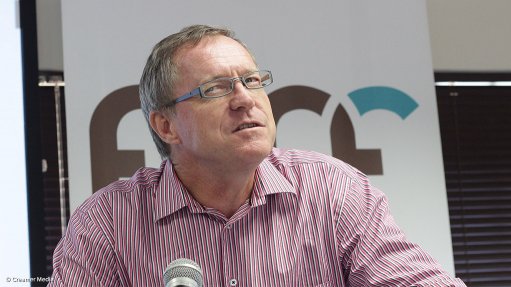
Dawie Roodt
With the South African government intending to soon introduce a minimum wage across all industry sectors to ensure workers receive a “living wage” and to address current wage inequalities, Efficient Group chief economist Dawie Roodt has raised concerns about the implications such a measure would have for the South African economy.
Speaking at a Free Market Foundation seminar in Johannesburg, on Tuesday, he argued that the government would be better served if it addressed the problem of South Africa’s high unemployment rate of about 24.5%, or about 5.2-million South Africans, than if it legislated a minimum wage.
He said wages should be treated like prices and, therefore, the market forces of supply and demand should be allowed to determine the value of work undertaken.
“The way I understand price determination is that it is continuous process that never stops. Stable prices and equilibrium lasts only a fraction of a second in all markets. I believe, therefore, that government interventions like the imposition of a minimum wage law would suppress the natural supply and demand model and have a significantly negative impact on the South African economy,” Roodt contended.
He explained that the price equilibrium between the opposing forces of supply and demand was reached when a buyer and a seller agreed they were both gaining from a particular transaction.
Roodt said the same was true for wages, as workers would only provide their labour if they felt they were being remunerated sufficiently and employers would only pay if they were receiving a cost-competitive, quality service.
He conceded that while both parties could always choose to conclude a deal or decline it, there were times when a deal could be concluded with at least one of the parties not being happy about the terms, as they were not in a position to negotiate a better deal.
Nonetheless, Roodt stated that fixing wage levels would most likely result in higher levels of unemployment in South Africa.